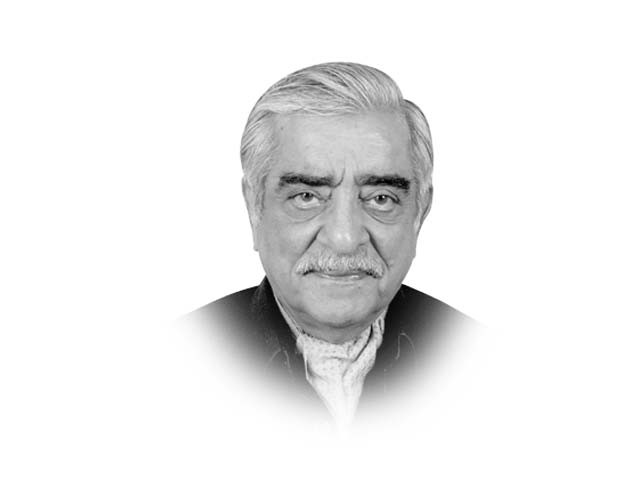Worsening security in Afghanistan
Many Afghan analysts believe that the absence of a cabinet is one reason why conflict with the Taliban is going badly

Worsening security in Afghanistan
Elsewhere in Afghanistan, the Taliban have launched attacks in Herat, particularly in the Shindand district, while Logar province’s parliamentary representatives have pleaded with President Ghani to provide more troops in the province which the Taliban use a launching pad for attacks on Kabul. Up in the north, Kunduz and elsewhere, the Taliban have continued to launch attacks and, it seems, are attacking in larger numbers than in the past duplicating the massed attacks that have recently become common in Helmand.
As expected, Afghan analysts have been quick to hold Pakistan responsible but in more muted terms than in the past. On the political front, the National Unity government has yet to finalise the nomination for the cabinet and many Afghan analysts believe that the absence of a cabinet is one reason why the conflict with the Taliban is going badly. One can only hope that President Ashraf Ghani will be able to live up to the promise made in London and nominate a cabinet within the next week. This will unfortunately not change the picture with regard to the ANSF and the unsustainable losses as it is suffering in the battle against the Taliban. According to one report, over 9,000 soldiers of the Afghan Army have been killed since 2013, a number that is four times higher than the total number of American soldiers killed since 2001. The casualties among the Afghan police have been far higher. This year there has not been the traditional lull in Taliban attacks in winter months, possibly because the winter has been mild but more ominously because the Taliban are pressing the advantage created by foreign troop withdrawal.
On the economic front, revenue collection has fallen 25 per cent short of the planned expenditure. The appeal to the international community for $537 million to meet the shortfall, secured only $170 million. Afghan finance officials have now appealed once again for the remainder without which they cannot pay the salaries of teachers, health workers and other government employees. It has been projected that the Afghan economy will show a growth of 1.3 per cent as against the 3.7 per cent by which it grew last year, but to my mind this is unattainable. President Ghani had said, during his election campaign, that the economy would have zero per cent growth but given the uncertainty, the wariness of the Afghan investor and the consequent outward flow of funds, it is likely that the economy will instead shrink by two to three per cent exacerbating the already heavy unemployment problem.
There were reports that President Ghani has initiated secret contacts with the ‘political opposition’ to work towards a reconciliation. The only result so far is a denunciation by prominent Afghan politicians of President Ghani’s terming of the Taliban as the “political opposition”. Former national security adviser, Rangeen Dafdar Spanta, has said that the term “political opposition” should be reserved for those who oppose, by political means, and “not for those killing Afghan soldiers and policemen and committing atrocities against civilians”. While this could be regarded as an unexceptionable observation, the fact is that it is with the leaders of these killers that negotiations will have to be held. Unless there is agreement on this from within the Afghan political leadership, chances of reconciliation will be bleak.
Answering questions about the Kabul attacks, the US State Department spokesperson maintained that the Afghan security forces were coping with the threat effectively and that the timetable for withdrawal remained unchanged. Will this continue to hold? If so, will the promised financial support for the ANSF and for economic assistance reiterated in London be forthcoming? If not, what will be the consequences for Afghanistan and consequently for Pakistan? It is a question every power centre in Pakistan has to ponder upon.
Published in The Express Tribune, December 15th, 2014.
Like Opinion & Editorial on Facebook, follow @ETOpEd on Twitter to receive all updates on all our daily pieces.















COMMENTS
Comments are moderated and generally will be posted if they are on-topic and not abusive.
For more information, please see our Comments FAQ